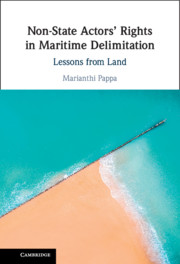This article critically examines the dynamics between public health, intellectual property, and international trade in the context of the TRIPS Amendment and its theoretical implications in international law. The article suggests that international efforts in the TRIPS 2003 Waiver and 2005 Amendment addressing public health concerns have not been very successful due to the birth defect of TRIPS, i.e., hoping a private-rights-in-nature regime could accommodate public interests in health concerns. TRIPS’ birth defect further reveals itself in post-TRIPS development and contributed to the failure of the TRIPS Waiver and Amendment due to the resulting practice fragmentation and procedural hurdles in domestic compulsory licensing administration. Moreover, the TRIPS Amendment raised a fundamental theoretical issue, i.e., how the WTO as an international organization in public international law can regulate compulsory licensing of intellectual property rights as private rights – in particular the proprietary right to remuneration – while recognizing that TRIPS grants no positive rights. The paper suggests that the key to the issue is the treatment of private rights in public international law. It is submitted that the TRIPS Amendment has no legal basis in international law due to its unwarranted intrusion into members’ domestic affairs and individuals’ private proprietary rights. The article thus calls for alternative thinking about the TRIPS Amendment, in particular to leave administration of compulsory licensing fully with domestic authorities as it is in the Paris Convention.


